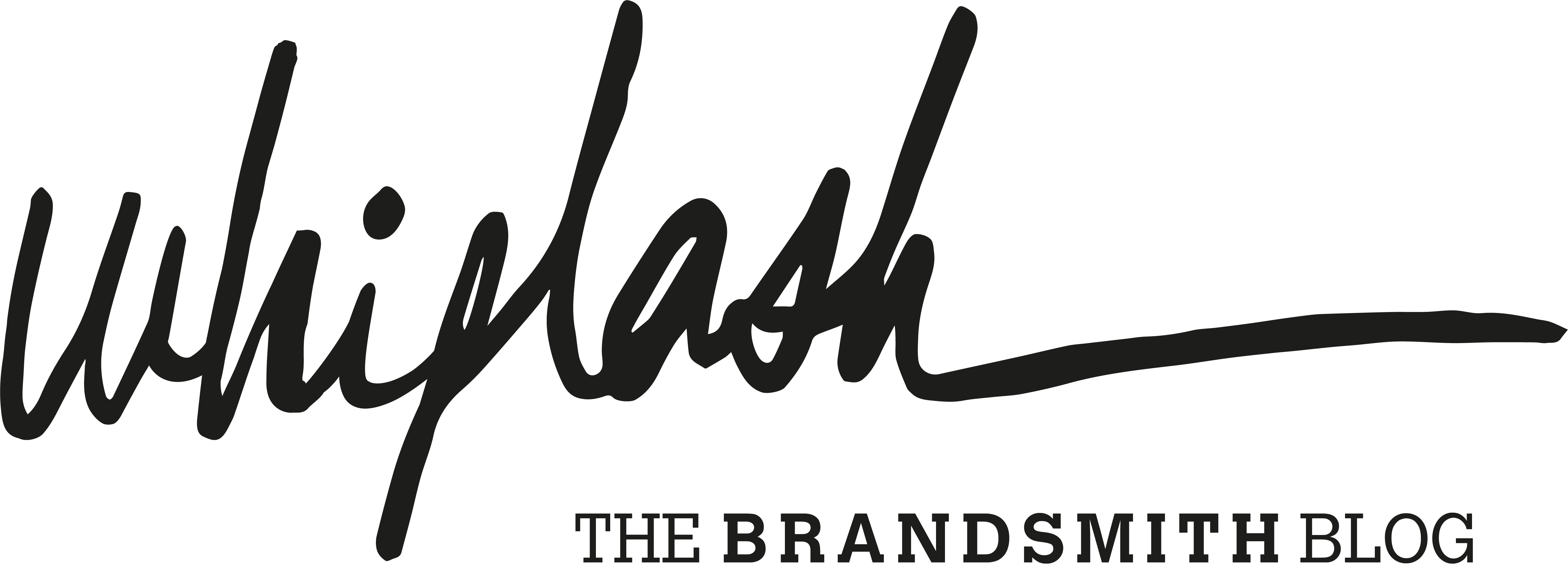Whiplash Team, November 6th, 2020
Social impact adds value to brands
Humane brands, that have an impact on society, and that are aware of their contribution to the collective project they belong to, be it their community, the country where they operate or the world in general, is what users and consumers expect from organizations. Those who are committed to an ethical practice of their social leadership will have greater opportunities to overcome the crisis.
Each day governments across Europe take accelerated measures to attempt to contain the spread of infections in the second outbreak of COVID-19. Meanwhile the economic and social impact of the crisis is becoming evident.
In Spain the hospitality industry and representatives of the tourism sector –those most directly affected by restrictions on opening hours and capacity and by the measures that force them to temporarily cease their activities– demonstrate on the streets to demand direct aid from the public administration. In other countries, such as Italy, protests led to violent riots against government measures.
On a global scale, experts foresee a recession of unprecedented proportions where, according to some specialists, only those organizations that exercise their social leadership, accompanying their storytelling with a “story-doing”, will be able to overcome the difficulties posed by the global pandemic. In short, words are not enough. They need to be backed up with actions.
According to the consulting firm Accenture, companies must not only adapt to the changing needs of their stakeholders –employees, supplier, customers, shareholders … – while facing the various financial and operational challenges posed by the coronavirus crisis, they must also do everything possible to strengthen their social leadership. The pandemic has put under a magnifying glass “the social impact of all businesses”, highlighting “the nature of companies, their personality and their brands.”
Thus, when social demand and the purpose of the company converge, this leads to greater prominence. It will determine, in some way, the capacity of an organization not only to overcome the crisis individually, but its ability to really take part in the economic reactivation.
“Leadership, or corporate reputation, is not a matter of particularities, but of open-mindedness, and what must be measured is not what I do, but what is my contribution to a collective project”, said José Aguilar López , partner at MindValue consultancy and expert in human resources, in the series of interviews Positive change for the day after which we published between March and June, in the middle of the first outbreak of the pandemic.
Aguilar López, PhD in Philosophy and PDD from IESE, defined leadership as “the ability to mobilize people and resources around a common goal” and emphasized the importance of “the response of some companies at this time. Companies that put logistical resources at the service of the crisis, operational capacity that allows them to supply for example, essential material, with much more efficiency than how a government can do so”.
On the other hand, Alberto Durán, Executive Vice President of Fundación Once, stated that “ethics, sustainability and social impact are profitable and allow the income statement to be sustainable in the long term”, during the fourth edition of the digital meeting “Rethinking the future in the new era: The CEO’s vision” about social impact, organized by the Spanish newspaper Expansión.
Indeed, actions with an impact on society contribute to improving the perception of the brand and, predictably, its opportunities to overcome the crisis. The more consumers associate the brand with positive values, with a commitment to society and the environment, the better their relationship, and this will positively affect their purchase decisions. All this, in the long run, is reflected in the income statement and in the value of the brand, not only perceptually but also economically.




